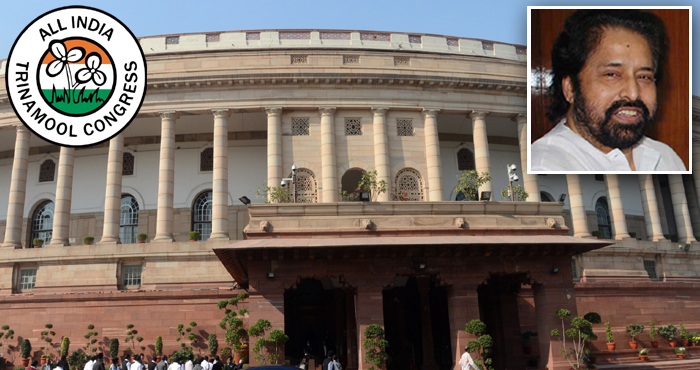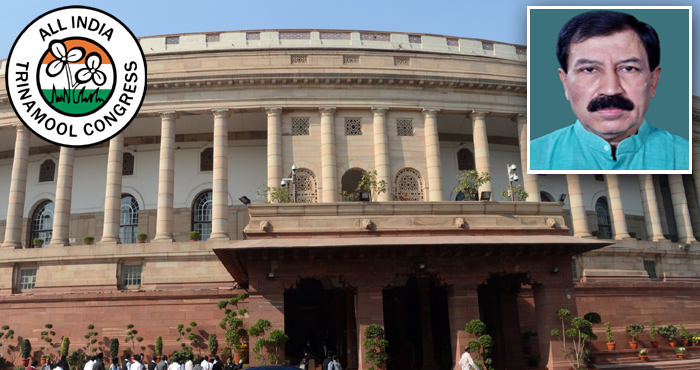The Bengal Global Business Summit has proved to be a milestone in the history of our State. It looks like a galaxy of stars is present here.
To our partner countries – Australia, United Kingdom, Czech Republic, France, Germany, Italy, Japan, Poland, Republic of Korea and UAE, Finland and Luxemburg – your presence gives us inspiration and courage. We are thankful for your partnership.
Bengal means business. Perception of Bengal has now changed.
We faced misrule for 34 years, when the previous government was in power. The mandays lost at that time was about 75 lakh in a year. Now no mandays are lost.
Our performance speaks for itself. Our credentials are our commitment. We have the talent, researchers, skilled workers.
We have a land map and a land bank. We have a land use policy, IT policy, textile policy, MSME policy, worker policy, and a tea garden policy.
We are number one in India in MSME, skill development, growth rate, rural employment, rural road construction, and also rural housing.
Our GVA growth is 65% higher than the national average.
We have achieved surplus revenue of 3% in March 2018, whereas India faced a deficit of 17.9%.
Industrial growth of Bengal is 194% higher than national average
Growth in service sector in Bengal is 26% higher than national average
Growth in agricultural sector in Bengal is 247 times more than national growth
We have tripled farmers income. State’s own tax collection has more than doubled.
Bengal reduced unemployment rate by 40% while 2 crore jobs were lost in the country.
Capital expenditure of the State increased nine times.
State plan expenditure increased four times.
Agriculture and allied-agri sector has grown by seven times.
Physical infrastructure in Bengal increased four times. Bengal offers excellent infrastructure and performance record.
Bengal is surging ahead. We are the destination for business, for farmers, and for the unemployed youth.
Bengal is the land of unity is diversity. People of all castes, creed, religions, and backgrounds live here in harmony.
Bengal has the location advantage. Bengal is the gateway of the eight north-eastern States, Bengal shares the border with Bangladesh, Nepal, Bhutan. We are half an hour away from Singapore. We are three hours away from Malaysia, Thailand and very close to middle-eastern countries as well
We have a population of 100 million. We are number one in human capital because we have set up more than 300 ITIs and polytechnics where we provide skill training. You can get skilled manpower in Bengal.
Bengalis are working everywhere in the world. No one can match the talent and human capital of Bengal.
You can get 24X7 power in Bengal now, which was unthinkable seven years ago.
We have great connectivity – raid, roal and air network. We have the first greenfield airport. We have the biggest tea auction market & grower of the best tea in the world. We are the largest producer of fish seeds in India
We have set up 28 new universities in the last seven years, and 42 new multi super speciality hospitals.
When we came to power in May, 2011, the institutional delivery rate in Bengal was 65%. Now it is 98%. This is not a matter of joke.
We provide rice at Rs 2/kg to nearly 90% people in the State. We provide completely free treatment to people at government hospitals in the State.
60 lakh girls who are studying in schools, colleges and universities have been empowered by the Kanyashree scholarship. It was awarded the First Prize in Public Service by United Nations.
We have 50% reservation for women at Panchayats. Our party has 34% female MPs in Lok Sabha, while others are still demanding a 33% reservation for women.
We have given government benefits to at least 90 per cent of the people in the State. We are working for the downtrodden people.
People of Bengal love all of you. They are ready to provide full support to you.
Bengal’s perception has changed because of my visits to foreign countries.
After we came to power we restored the direct flight to Frankfurt.
I requested my German friends to set up automobile industry in Bengal. They are considering the proposal. They are interested in smart energy sector.
The delegation from Milan are interested in setting up more clusters of leather industry.
Poland is already collaborating with us in the energy sector.
I have requested the Ambassador of Japan to provide us assistance in infrastructure projects.
Japan and Korea have requested me to visit their countries.
We received investment proposals worth Rs 10 lakh crore in the previous editions of BGBS. More than 50% of the proposals have been implemented or are under process.
We have set up a Financial Hub where many financial institutions have joined us.
We have set up an IT hub modelled on Silicon Valley
Bengal has great potential in tourism, health, education as well as women empowerment
The social welfare projects carried out by us are unmatched. We are always for the downtrodden.
I believe that Bengal is for all. We want to see our country gain, and grow.
The general elections are due shortly. My industry friends, who have left India, I request you to come back and invest here. I know you are facing some problems and difficulties. I can assure you that after the government changes at Centre, we will have a better policy.
We want Bengal to prosper. We want India to grow. We want EVERY State to grow.
Bengal is the land of Rabindranath Tagore, Swami Vivekananda, Netaji Subhas Chandra Bose, Ramakrishna Paramhansa.
I want to quote Rabindranath Tagore, who had said, ‘Give me the strength, never to disown the poor, or to bend knees before an insolent mind’.
If you have the vision, you can conquer the world. Never say no. Always be positive.




